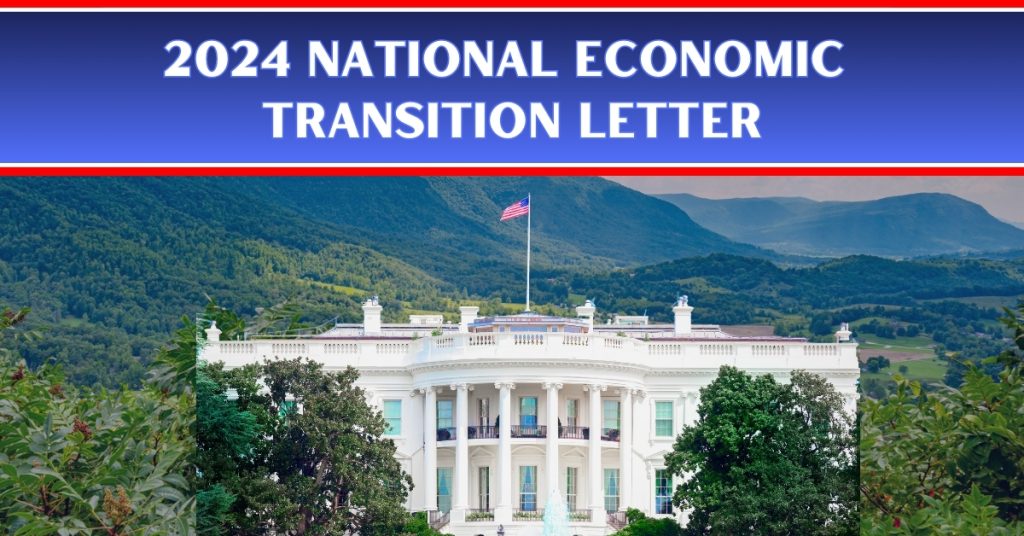The Electoral Non-Issue
On November 2nd, Americans turned out in droves to cast their votes for president. Yet before a single vote was counted, it was clear who the real losers of the 2004 election were. They were the future generations of Americans whose health and quality of life depend so heavily on decisions our political leaders make today. What never seemed to come up amidst the endless speeches, a record-shattering $600 million in political advertisements, and three high profile debates, was our national responsibility to leave a clean and productive environment for future generations – to say nothing of our responsibility to the millions of other species that can’t vote. The environment was the big non-issue of the 2004 election.
Just four short years ago, there was every reason to be optimistic about our nation’s ability to reduce pollution and protect the health and beauty of our national parks and forests. Our last remaining roadless areas were finally receiving some protection. Polluters that had defied the Clean Air Act for decades – at the cost of 30,000 American lives per year – were finally being held to account. The threat of global warming was starting to get the attention it deserved in the nation’s capital.
Now, at the end of 2004, things couldn’t be more different.
In the past four years, our nation has seen the weakening of almost every major environmental and public health law on the books. In 2001, actions by the EPA to force power companies to comply with the Clean Air Act were undermined by the Administration. In response, many of the most experienced pollution enforcement experts at the EPA resigned in protest. In 2002, enforcement of the Clean Water Act was changed to allow mining companies to dump their waste indiscriminately into our nation’s waterways. And now, in 2004, protections for our nation’s last remaining roadless areas are in the process of being rolled back, despite overwhelming opposition from the public and from almost every major conservation and sportsmen’s group.
The good news is that most of these rollbacks have been in the form of administrative rule changes by the White House, and they have yet to win the legitimacy and permanency of a congressional vote. The bad news is that there are a host of bills being promoted in the new Congress, in many cases written by lobbyists for polluting industries themselves, which would permanently weaken nearly every environmental law, from the Clean Air Act to the Endangered Species Act. When the 2005 legislative session begins, it is far from certain whether there are enough pro-environment votes in Congress to prevent the wholesale rolling back of three and a half decades of environmental progress.
But difficulty and uncertainty are no grounds for despair. It is the opinion of this newspaper that our nation and our region are too great to let our representatives put partisan politics above the long-term health of our citizens and environment. Clean air and water are neither Republican nor Democratic issues, and if the Administration is going to continue to allow industry lobbyists to draft environmental laws it will take legislators of both parties working together to give the public interest a fighting chance. Furthermore, in the Appalachian region where the Congressional delegation is overwhelmingly Republican, it will also require that legislators have the courage to stand against the President and their own party leaders when the health and welfare of their constituents are at stake.
Senator Lamar Alexander of Tennessee, in an inspiring act of political courage, broke with the Republican leadership in his first year as a senator and came out against the White House’s Clear Skies Initiative, a deceptively named plan to weaken the federal Clean Air Act. There is no reason why Senators Dole and Burr of neighboring North Carolina should not follow suit. Those senators represent a state that, with overwhelming bipartisan support, passed its own clean air law in 2002, which already commits the state to bigger air pollution reductions than almost any other state in the nation. If Senators Dole and Burr go along with the Bush plan to weaken the federal law, they will be casting a vote in opposition to the vast majority of public opinion in their state, and a vote that does nothing but harm to the health of their constituents and the economy of their state.
But the politics in Washington are brutal, and citizens have to give their representatives political cover to do the right thing by voicing just how important clean air and a healthy environment are to us. Ultimately, it’s about people power. That’s the only way we have ever passed environmental laws. Polluting industries have created the most powerful lobbies in Washington for good reason – they lack broad public support for their polluting agendas. Without broad and vocal public support for the environment, however, the influence and financial power of the environmental lobby is wholly insignificant by comparison.
Whether you are a Republican or a Democrat, if you have ever felt that your senator or congressman is not doing enough for our health and environment, the time is now to voice those concerns. If you have ever felt that our government is not doing enough to ensure a clean and beautiful environment for our children and grandchildren, there will never be a better time to act. And if you are not certain how to go about voicing or acting on your concerns, Appalachian Voices, and many other organizations, exist for the express purpose of helping you do just that – so contact us. We can’t do it without you.
Only by working together can we get our government back to its duty to protect the health of our citizens, the beauty of our landscapes, and the heritage of our children. For the sake of our mountains, our children and our proud history, it’s time to act.
Related Articles
Latest News
More Stories

Leave a comment
Your email address will not be published. Required fields are marked *




